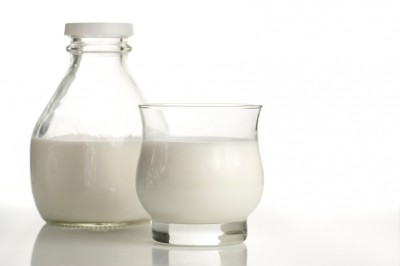EFSA considers Mitsubishi’s antioxidant salt following member state concerns

The Japanese motor multinational – which also has a food ingredients business headquartered in the US – filed a novel food application for Pyrroloquinoline Quinone Disodium Salt back in 2012.
However in 2016 the Food Safety Authority of Ireland (FSAI) concluded that “additional assessment” was needed because of insufficient data to support the ingredient’s safety, particularly concerning genotoxicity.
These apprehensions were later echoed by other member states.
Some adverse effects were seen at high doses in the animal studies submitted, including crystallisation of the ingredient in urine and renal toxicity as well as dark green coloured faeces.
The application proposed that the ingredient – a red brown powder produced through the fermentation of Hyphomicrobium denitrifican – would be used at 99% purity in food supplements at levels of up to 50 mg per day.
Marketed by Mitsubishi under the brand name BioPQQ, the ingredient has been tipped as an antioxidant compound that could help reduce cholesterol levels.
In a 2015 paper authored by the company’s R&D department, the ingredient was shown to help reduce serum low-density lipoprotein (LDL) cholesterol levels.
The company’s application – filed by consultancy firm Intertek – also said the ingredient had been linked to cognitive and immune function benefits as well as growth promotion.
Over in the US, the ingredient has been marketed in the sports nutrition space.















